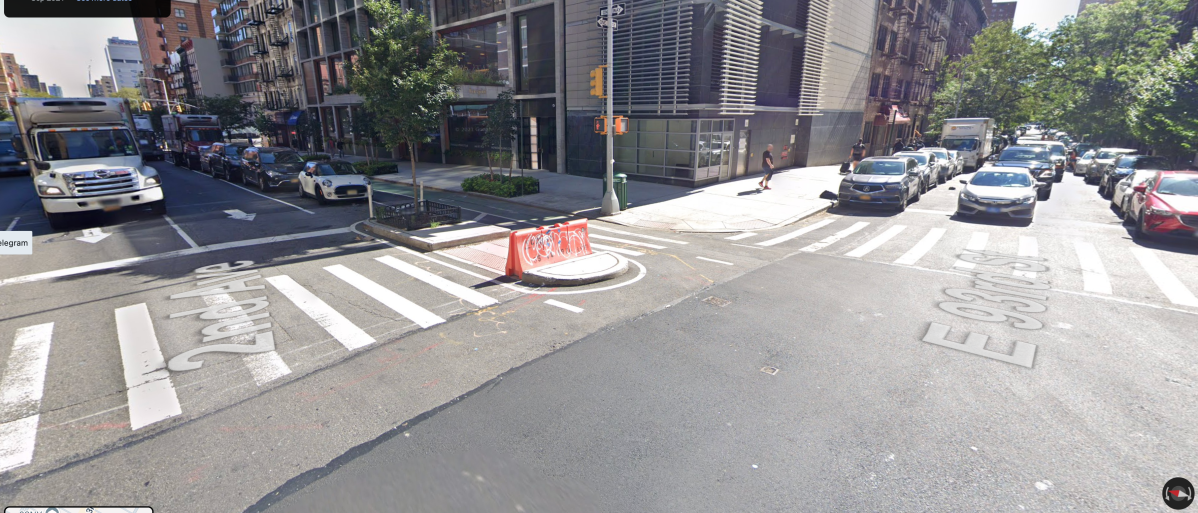The Massachusetts Attorney General’s Office is cracking down on modern-day slavery, and a Cambridge couple is paying more than $35,000 following allegations they failed to pay a live-in domestic worker who cared for their children.
The story seems to be ripped straight from the cover of a recent Atlantic magazine – detailing a family who emigrated (legally) from Southeast Asia, bringing with them a domestic worker who was expected to care for the children and cover basic household duties. The problem? The family never paid the domestic worker.
In Cambridge, married couple Shiou Voon Kayse Foo and Kay Jinn Wong failed to pay minimum wage, overtime and vacation pay, and they failed to comply with the state’s Domestic Workers Law in connection with their former live-in employee, Attorney General Maura Healey said in a statement.
“These individuals exploited their live-in employee by forcing her to work without proper pay,” Healey said. “Massachusetts has strong laws to protect all workers and ensure they are treated fairly. This should send a message that this conduct is not acceptable, and we will go after those who do not pay their workers properly.”
The Attorney General’s Office began investigating Foo and Wong based on a referral from Boston University Law School’s Human Trafficking Clinic in March. The couple, originally from Malaysia, was living in Cambridge and brought their domestic worker with them, whom they had previously employed, to help care for their children and to provide other domestic services.
The investigation revealed that once in Cambridge, Foo and Wong made only sporadic payments and failed to pay their employee for weeks at a time. Foo and Wong have denied any wrongdoing.
Massachusetts law for domestic workers regulates working and rest time, charges for food and lodging and circumstances of termination. The law also requires employers to make and keep records of the hours worked by any domestic worker and provides guidelines for work evaluations and written employment agreements. These protections apply regardless of a domestic worker’s immigration status.























